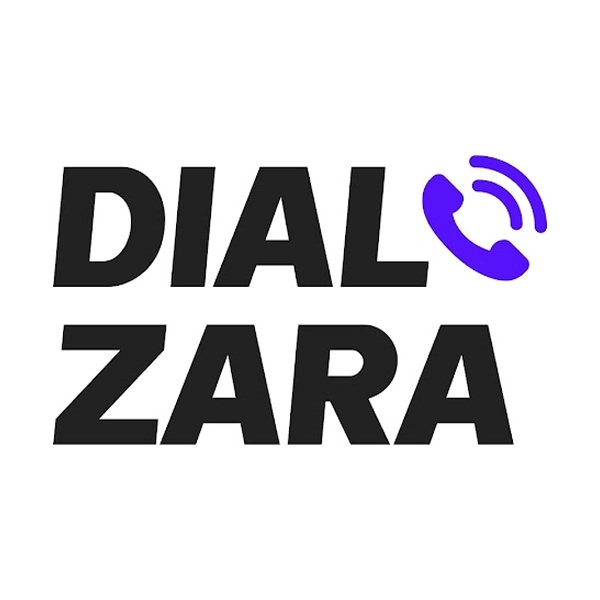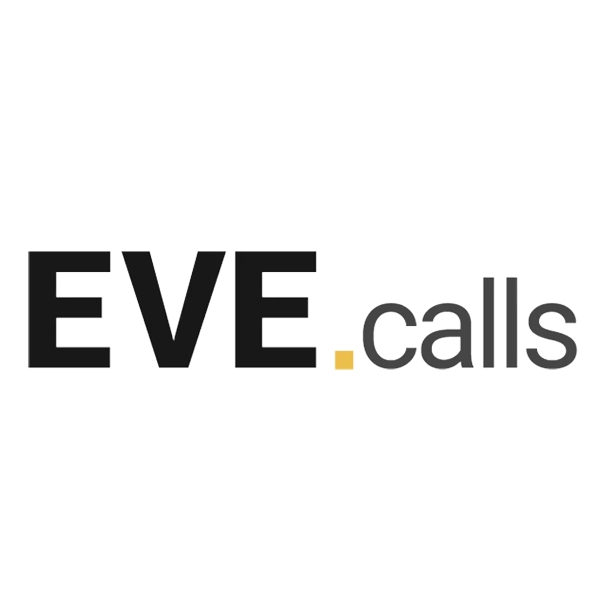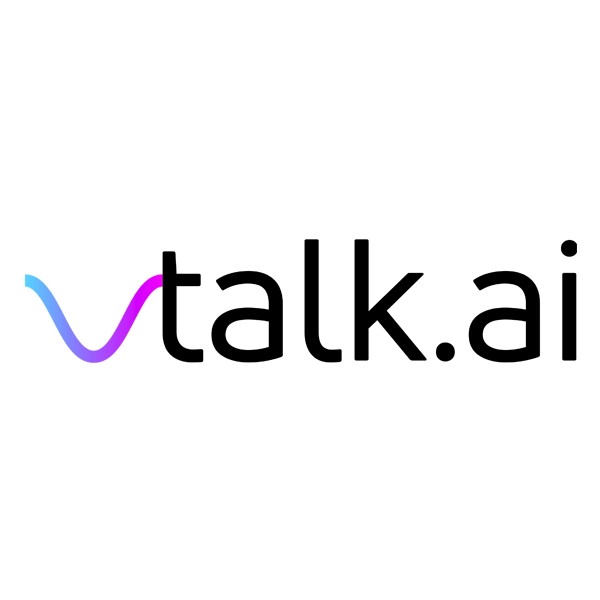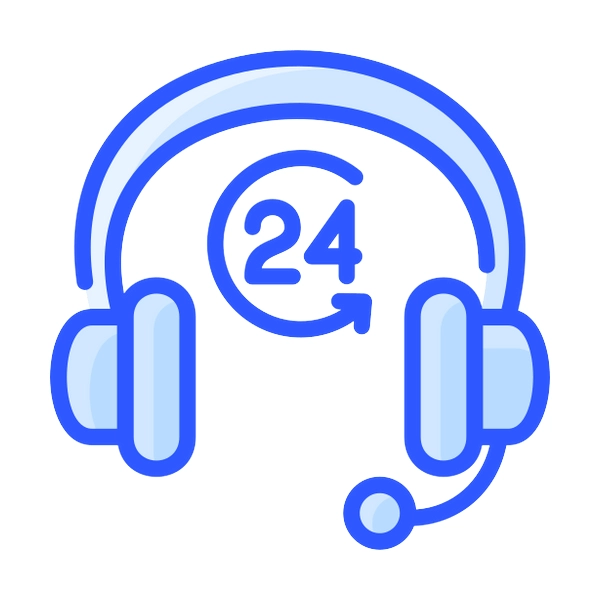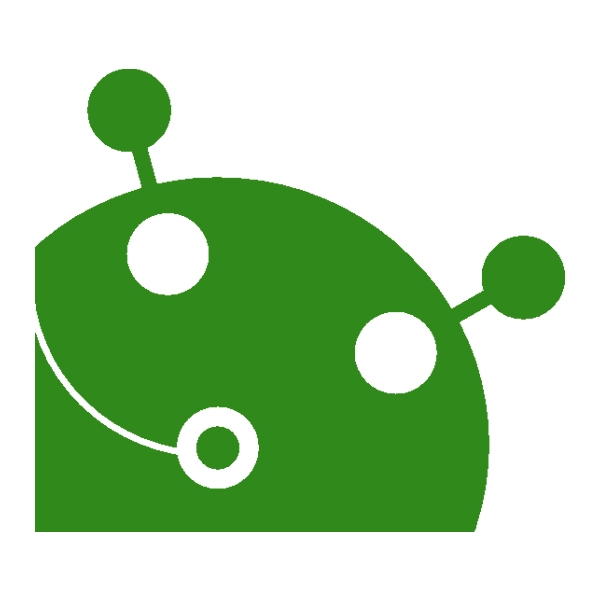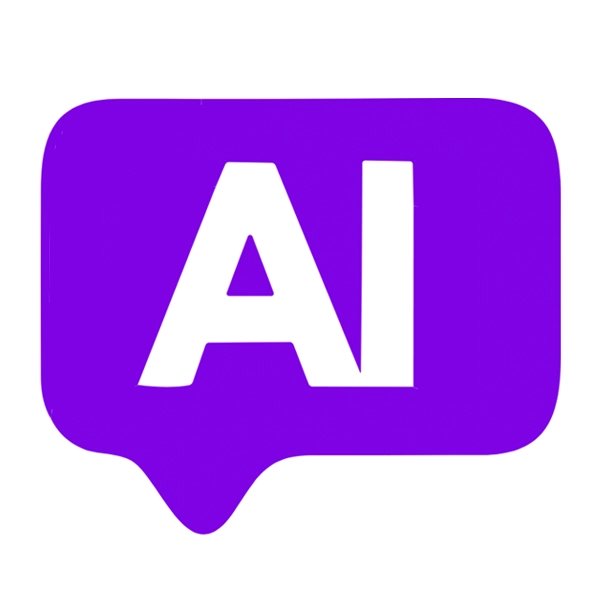Google Text to Speech
Google Text to Speech is a technology that converts written text into spoken words.
No sample available
Cartesia AI
Real-time multimodal intelligence for every device. Cartesia.ai provides real-time multimodal AI solutions for various devices, focusing on privacy and speed.
No sample available
About Google Text to Speech
Google Cloud Text to Speech is a powerful cloud-based service that utilizes advanced deep learning technologies to generate natural-sounding speech from text. Part of Google Cloud’s suite of machine learning tools, it offers a wide range of customizable voices, supports multiple languages and dialects, and enables easy integration into applications via an API.
This service is designed to enhance user experience across various platforms by providing accessible, high-quality voice outputs for applications in education, accessibility, entertainment, customer service, and more.
Whether you’re developing a new app or looking to improve an existing service, Google Cloud Text to Speech offers a scalable, flexible solution to meet diverse auditory communication needs.
| Website: | https://cloud.google.com/text-to-speech |
|---|---|
| Founded in: | 1998 |
| Founder: | Larry Page, Sergey Brin |
| CEO: | Sundar Pichai |
| Address: | 1600 Amphitheatre Parkway, Mountain View, California, USA |
| Phone: | 650.253.0000 |
| Live Chat: | No |
About Cartesia AI
Cartesia.ai provides real-time multimodal AI solutions for various devices, focusing on privacy and speed. Their core products include Sonic, a fast and ultra-realistic generative voice API, and On-Device AI models, which perform offline, private inference. They emphasize delivering high-performance AI directly to user devices, enhancing user experiences with low latency and privacy-focused features.
| Website: | https://www.cartesia.ai/ |
|---|---|
| Founded in: | 2023 |
| Founder: | Karan Goel, Albert Gu |
| CEO: | Karan Goel |
| Address: | San Francisco, California, USA |
| Email: | [email protected] |
| Live Chat: | No |
Google Text to Speech is a better alternative to Cartesia AI
We've compared price, features, voice samples, and more, and Google Text to Speech is a better alternative to Cartesia AI
Compare Google Text to Speech Product Suite vs Cartesia AI
If you are looking to invest in either Google Text to Speech or Cartesia AI and are planning to scale, then it’s important to know who provides a comprehensive product suite.
- Text to Speech
- Text to Speech API
- Sonic
- On-Device
Generate AI Voices, Indistinguishable from Humans
Get started for freeGoogle Text to Speech vs Cartesia AI Pricing
Compare Google Text to Speech vs Cartesia AI subscription plans and pricing. Please check each website for the most updated information.
| Monthly Price | Yearly Price | |
| Premium | US$0.000016 per byte | |
| Studio | US$0.00016 per byte | |
| Standard | US$0.000004 per character |
| Monthly Price | Yearly Price | |
| Free | ||
| Pro | 5 | |
| Startup | 49 | |
| Scale | 299 | |
| Enterprise | Contact Support |
Google Text to Speech vs Cartesia AI Features Comparison
A side-by-side comparison of Google Text to Speech vs Cartesia AI features
Google Text to Speech Features |
Cartesia AI Features |
|---|---|
Multilingual SupportGoogle Text to Speech supports a wide range of languages and dialects, making it versatile for global applications. |
Consistent memory managementOperate large models on compact devices without overwhelming memory resources. |
Realistic VoicesThe technology includes high-quality, natural-sounding voices that closely mimic human speech patterns. |
High-performance throughputSupport multiple applications with a single model by utilizing our optimized inference stack. |
Customizable SpeechUsers can customize the pitch, speed, and volume of the spoken output to suit specific needs or preferences. |
Minimal latencyStream data instantly with our cutting-edge low latency state space model inference system. |
Text HighlightingAs the text is being read aloud, words can be highlighted synchronously, which is especially useful for educational purposes and aiding reading comprehension. |
Extended context handlingEffortlessly tap into long-term information, enabling the development of intricate applications. |
Integration CapabilitiesIt can be easily integrated into various applications and devices using an API, allowing developers to add speech functionality to their software efficiently. |
Energy EfficientDesigned for energy-efficient, on-device operation. |
Stateful capabilitiesMaintain memory across different interactions and devices seamlessly. |
Google Text to Speech vs Cartesia AI Use Cases
Most apps in this space have similar use cases but you can compare Google Text to Speech vs Cartesia AI use cases if you were looking for something unique.
Google Text to Speech Use Cases |
Cartesia AI Use Cases |
|---|---|
Accessibility FeaturesEnhancing accessibility for visually impaired and dyslexic users by reading out digital text, such as books, web pages, and documents. |
Smart devicesRun AI on small devices like phones and wearables for tasks like object detection or voice recognition, without needing cloud support. |
Educational ToolsAssisting in language learning and reading comprehension by providing audio aids for students to listen to pronunciation and intonation. |
Autonomous systemsPower real-time decision-making for drones, robots, or self-driving cars with fast data processing. |
Voice-Enabled ApplicationsPowering voice-driven applications in mobile apps, web applications, and IoT devices, such as virtual assistants and smart home devices. |
Healthcare wearablesMonitor patient health continuously and analyze long-term trends to help predict medical issues. |
Multimedia ContentCreating voiceovers for multimedia presentations, videos, and games without the need for professional voice actors. |
Customer service botsBuild smarter chatbots that remember past conversations, improving customer interactions. |
Customer ServiceImproving user experience in customer service with voice responses in automated systems, such as IVR (Interactive Voice Response) systems, to guide users effectively. |
Industrial IoTPredict when machines need maintenance by analyzing sensor data, reducing downtime. |
Google Text to Speech vs Cartesia AI Clients
See which companies trust Google Text to Speech & Cartesia AI for all their generative AI needs.





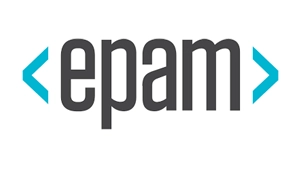

No client information.
Google Text to Speech vs Cartesia AI Reviews
See how Google Text to Speech vs Cartesia AI stack up by what users think of them.
This voice is quite familiar from many YouTube videos.
Tried this voiceover specification with students for a project and fancied it a lot.
Text to voice
Google cloud text to speech also store the end results to cloud.
Making my work simply
My overall experience is good and time saver.
Great asset but not that easy to use
Its a very useful tool to have and use, however it requires some technical skills to operate effectively.
Not as power as Whisper or Good Tape
It's not so good if the speaker spoke multiple languages at the same time (e.g. Chinese and English)
Not always great
Sometimes my words are caught wrong or do not get catched
Cartesia AI not reviewed yet.








